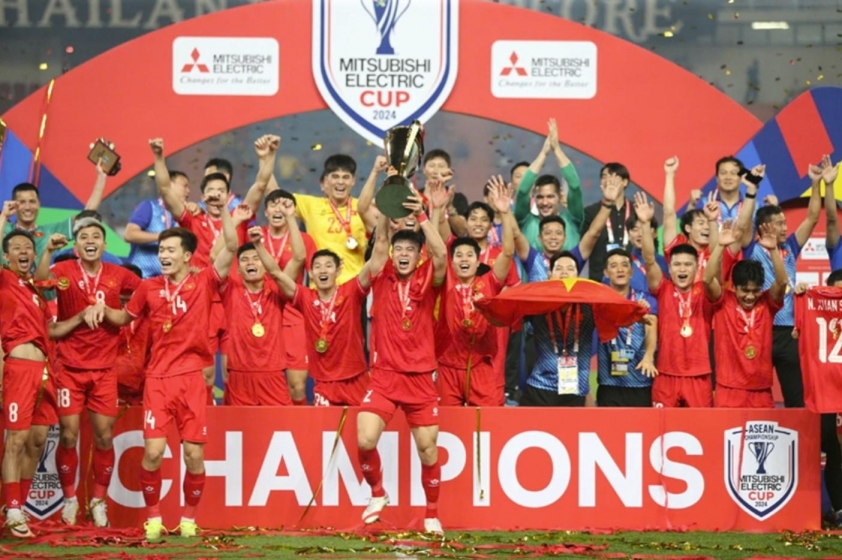Southeast Asian fans are stunned by the announcement of a new FIFA ASEAN Cup tournament
FIFA has officially unveiled a new competition called the FIFA ASEAN Cup, featuring 11 Southeast Asian countries, aiming to usher regional football into a new era of comprehensive development in both skill and international influence.
The launch event was held with grandeur at the 47th ASEAN Summit in Kuala Lumpur, attended by Chairman FIFA Gianni Infantino, ASEAN Secretary-General Kao Kim Hourn, and Malaysia’s Prime Minister Anwar Ibrahim, who is the ASEAN Chair for 2025.
In his speech, Infantino emphasized: “The number 11 is not just a figure on the pitch, but a symbol of unity. The 11 ASEAN nations will embark on a historic journey where football becomes the common language of the region.”
According to FIFA, the tournament is expected to become a “new bridge” connecting Southeast Asian football nations, helping the region close the gap with Asian powerhouses like Japan and South Korea. The MoU signed between FIFA and ASEAN also highlights key goals including integrity in competition, youth football development, sports education, and enhanced safety on the field.

However, FIFA has yet to disclose the competition format, schedule, or how the FIFA ASEAN Cup will coexist with the traditional ASEAN Championship Cup (which will be renamed ASEAN Hyundai Cup starting 2026). This uncertainty has sparked curiosity and even confusion among fans about how the two tournaments will operate side by side.
On social media, Southeast Asian fan communities quickly ignited debates. A Vietnamese user wrote: “Hopefully, with FIFA organizing it this time, the tournament will take place during the FIFA international week, allowing European-based players to join their national teams.” A Thai supporter commented: “If the tournament gains official recognition, will the champion earn a World Cup spot? If so, this could be a huge boost for the region.”

Some others expressed caution. An Indonesian fan shared: “My concern is that the AFF Cup might be overshadowed. But if the FIFA ASEAN Cup encourages European-based players to participate, that would be fantastic.” Meanwhile, Malaysian fans believe: “FIFA is testing a new model. If successful, this could be the first step for Southeast Asia to gain a real standing on the global football map.”
Additionally, many are excited that ASEAN has been chosen by FIFA as a “key new football development region.” A Filipino supporter remarked: “This could completely change the world’s perception of Southeast Asian football. From being seen as weak, we can prove we deserve respect.”
Currently, Vietnam — the most recent AFF Cup champion — is viewed as one of the leading candidates if the FIFA ASEAN Cup kicks off in 2026. If properly managed, this new tournament could mark a historic turning point for Southeast Asian football, where unity, regional pride, and World Cup dreams coexist on the same stage.


Wonderfulshortvideo
User PlaymakerHub has posted a video.









 Links
Links
 Contact
Contact
 App
App


